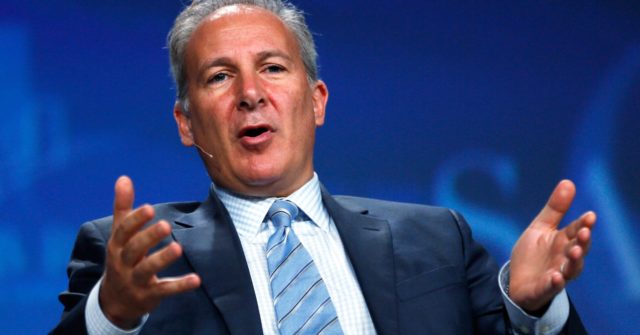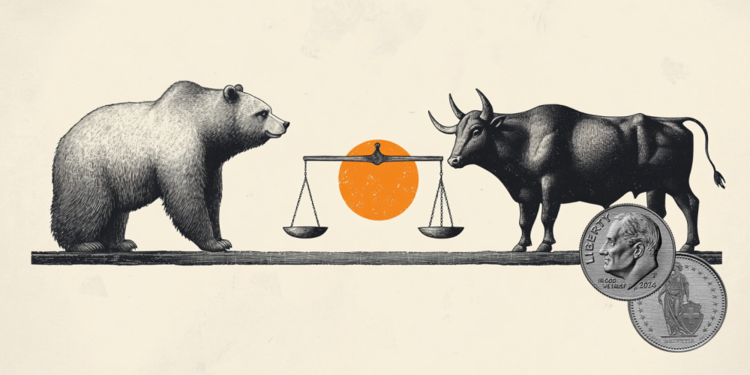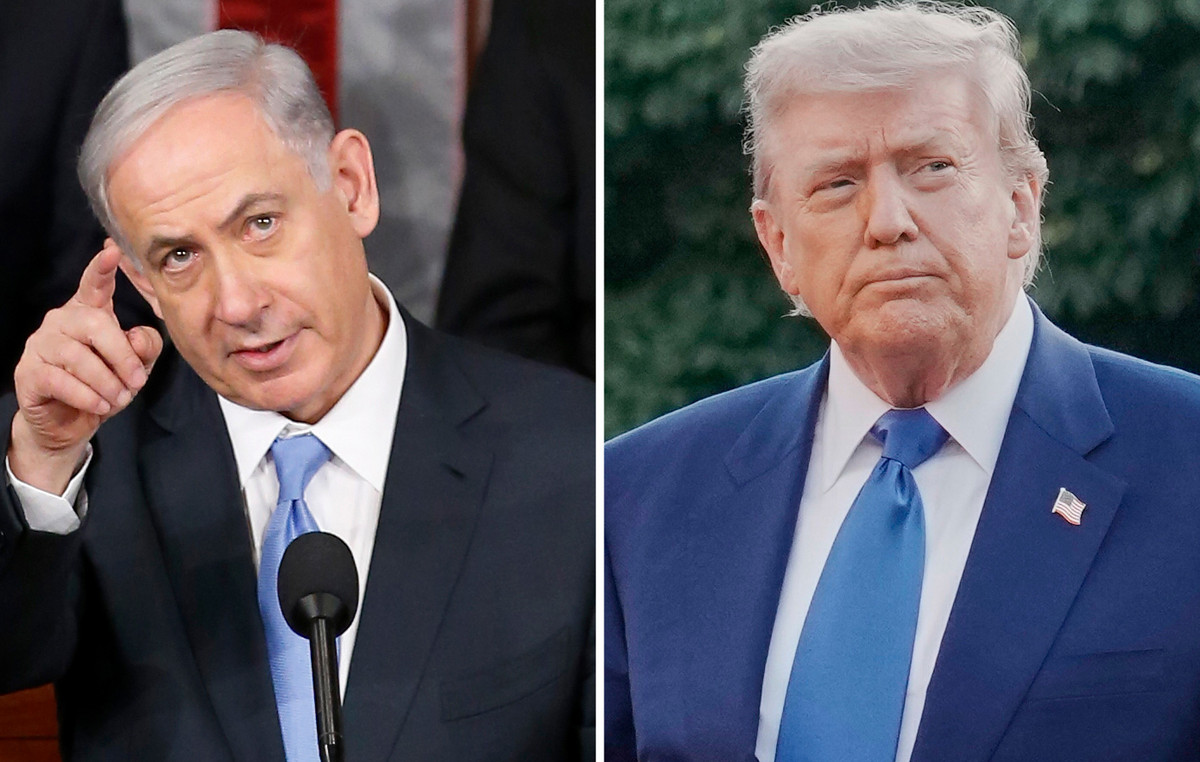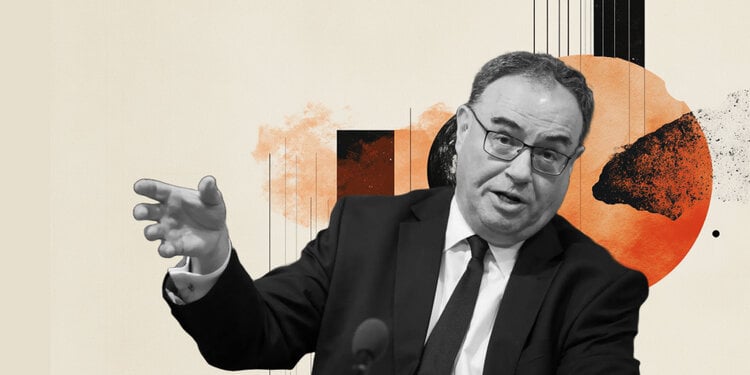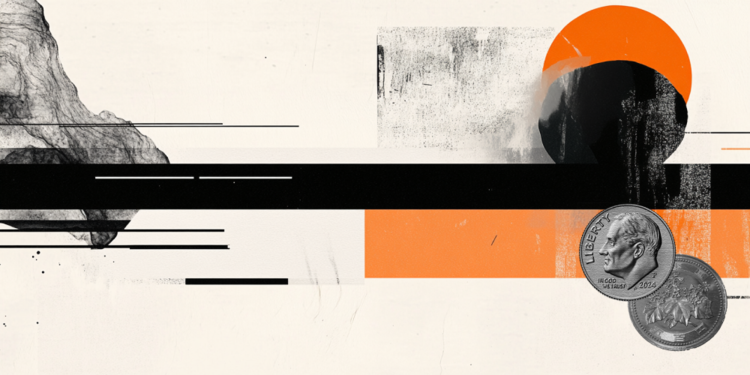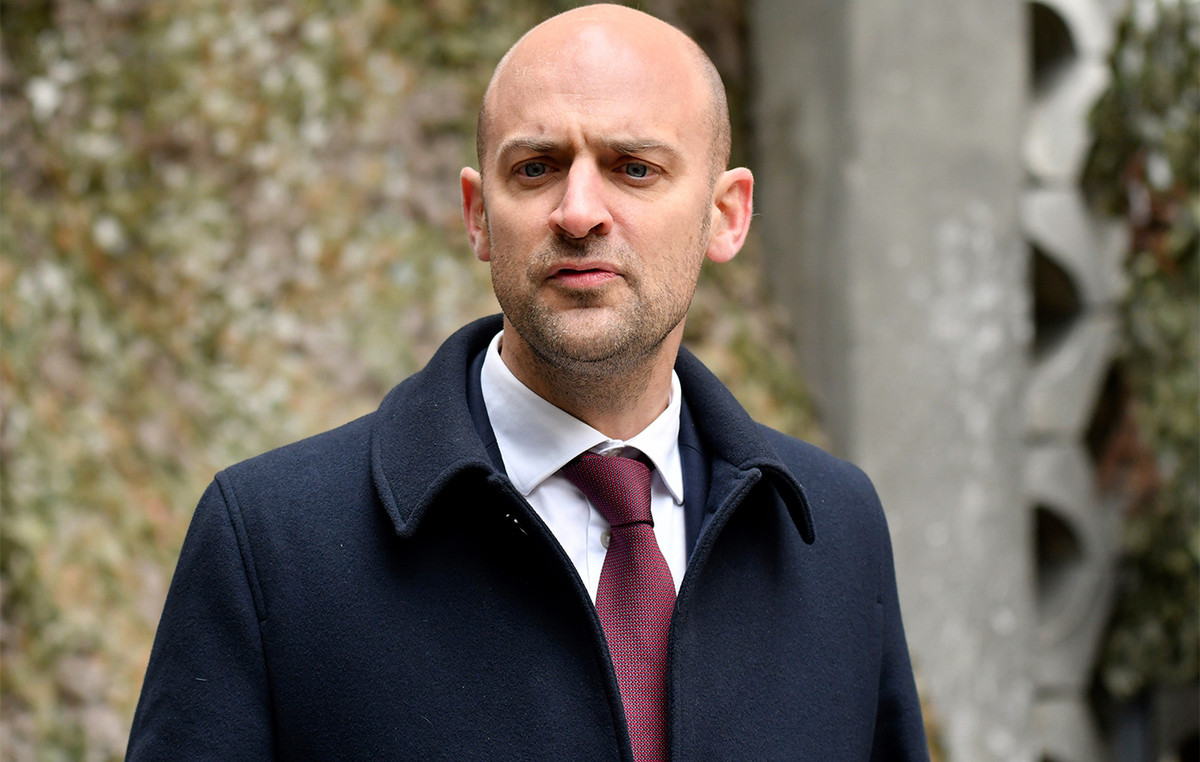O Gross Domestic Product (GDP) do Brasil is expected to grow 5% this year and slow to 1.4% in 2022, projected the Organization for Economic Cooperation and Development (OECD) this Wednesday (1), warning of the water crisis and domestic fiscal uncertainties as risks to the performance of the economy.
“The pace of the vaccination campaign accelerated and economic activity, supported by consumption and private investment, resumed with the easing of restrictions related to the Covid-19 pandemic,” said the OECD, in its economic outlook report.
Furthermore, “exports have benefited from the global recovery and a weaker exchange rate”.
But bottlenecks in the supply chain, low purchasing power of the population, higher inflation and interest rates and uncertainties in economic policy slowed down the pace of domestic economic recovery, according to the document.
OECD projections released this Wednesday came in considerably more optimistic than the median estimates in the weekly Central Bank’s Focus survey, carried out with economists. The last survey pointed to an economic growth of 4.78% in 2021 and only 0.58% in 2022.
“There are important downside risks to (our) forecast for next year,” warned the OECD, citing the possibility that the water crisis will drag on for longer than expected — Brazil is experiencing the worst wet season in the areas of over 90 years — and the threat of below-expectation growth in China, Brazil’s main trading partner.
In addition, “prolonged political uncertainty and increased fiscal risk could undermine the credibility of fiscal rules, dampen inflation expectations and reduce investment growth in Brazil,” the organization said.
Jair Bolsonaro’s government has been pushing for more spending on social benefits next year, when the president is likely to seek reelection, and is seeking to fund the Auxílio Brasil program of at least R$400 per family.
To pay for it, the government counts on the approval of the PEC of the Precatório by the Congress.
The proposal, which changes the deadline for correction of the spending ceiling by the Extended Consumer Price Index (IPCA), would open space in public accounts for next year, but is widely seen as detrimental to the country’s fiscal credibility, as it would change the main anchor for government spending.
In its report, the OECD argued that “the government needs to improve the efficiency of public spending”, since “mandatory spending items and indexation rules limit the ability to respond to shocks”.
“Strengthening the fiscal framework, including subnational finance, would increase market confidence and private investment, while keeping debt service costs low,” the agency said.
Inflation and interest
The OECD mentioned in its report concerns about high inflation in Brazil, saying that global factors help to explain the increased pressure on the consumer, amid the appreciation of commodities and bottlenecks in the supply chain.
But the international body also blamed the Brazilian water crisis for soaring prices, as it has affected energy prices.
“Uncertainty about economic policies and increased fiscal risk also affect the exchange rate, increasing imported inflation,” added the OECD.
Last week’s data showed that, in the 12 months to November, the IPCA-15, considered a preview of Brazilian inflation, accumulated a 10.73% increase, well above the official target ceiling of 3.75%, with a margin of 1 .5 percentage point plus or minus.
Even so, “the continued tightening of monetary policy throughout 2022 is projected to contain the dynamics of inflation and keep expectations about price increases anchored”, pointed out the OECD report.
“Fiscal reforms can also play an important role in containing inflationary pressures.”
Currently, the Selic is at 7.75% per year, after the Central Bank raised it by 1.5 percentage points in its last monetary policy meeting. Higher borrowing costs help to cool consumer spending, which consequently tends to hold back inflation.
Reference: CNN Brasil
I am Sophia william, author of World Stock Market. I have a degree in journalism from the University of Missouri and I have worked as a reporter for several news websites. I have a passion for writing and informing people about the latest news and events happening in the world. I strive to be accurate and unbiased in my reporting, and I hope to provide readers with valuable information that they can use to make informed decisions.

